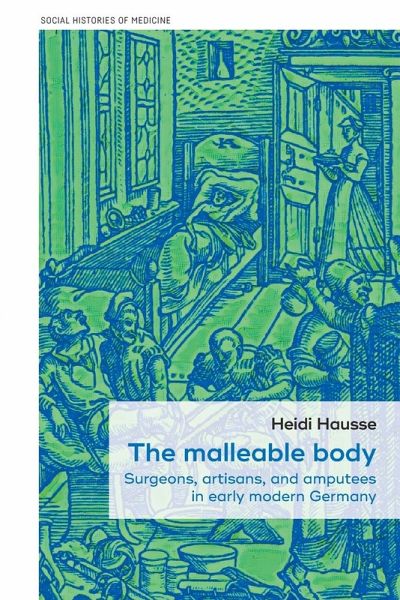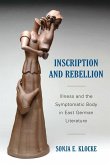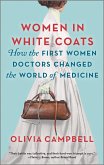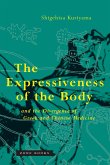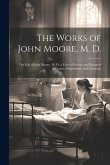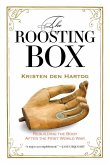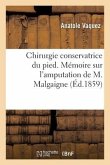The malleable body uses amputation and prostheses to tell a new story about medicine in early modern Europe. Drawing on surgical treatises and artifacts from the Holy Roman Empire, it reveals how the practices of surgeons, amputees, and artisans to treat the loss of limbs gradually changed ideas about manipulating the body's form. The expansion of gunpowder warfare in the sixteenth century caused injuries that required amputation on an unprecedented scale, pushing traditional, non-invasive medical practices to breaking point and sparking surgical debates that grew into the seventeenth century. This book examines the tense moments in which surgeons, patients, families, and friends decided to operate and the complications of "phantom limbs" that could follow. It also uncovers surgeons' visions of the body embedded in their technical instructions, exploring a form of practical knowledge-making fused with extreme human experiences. But surgeons were not the only ones experimenting: amputees took inspiration from art and craft to manage new body shapes and shape the perceptions of others. Their efforts drew clockmakers, locksmiths, and woodworkers into the development of a new prosthetic technology that influenced surgeons' discussions. Two centuries of surgical and artisanal interventions forged a growing perception, fundamental to biomedicine today, that human beings could alter the body--that it was malleable.
Hinweis: Dieser Artikel kann nur an eine deutsche Lieferadresse ausgeliefert werden.
Hinweis: Dieser Artikel kann nur an eine deutsche Lieferadresse ausgeliefert werden.

